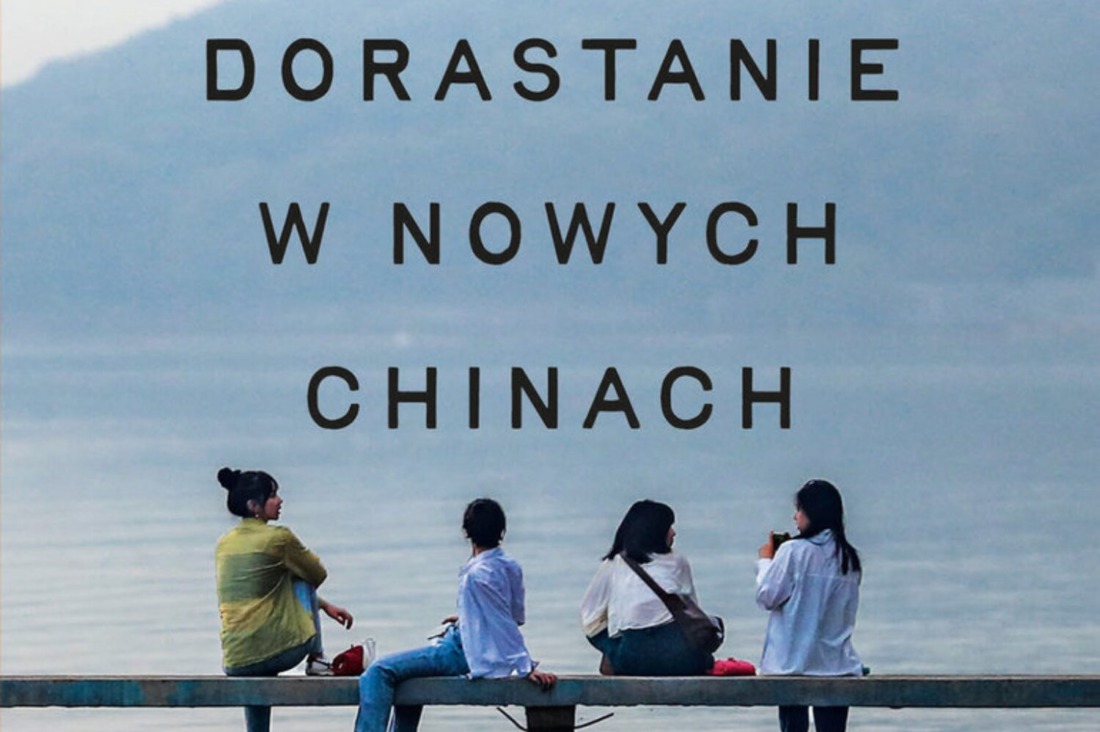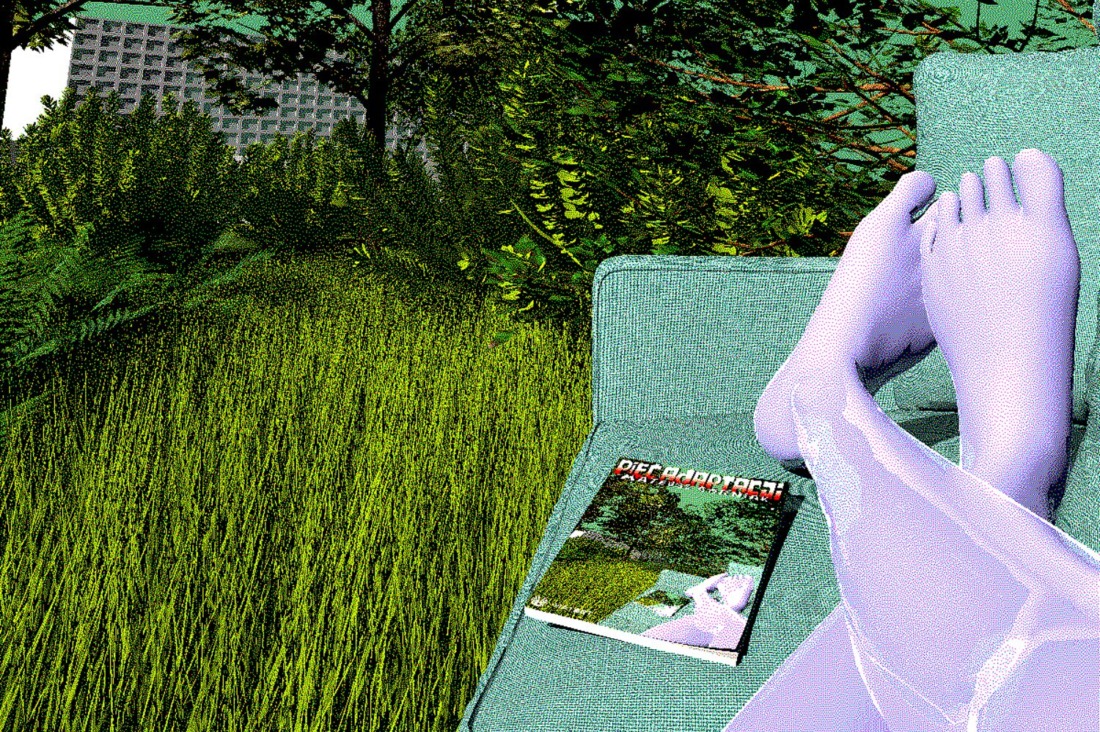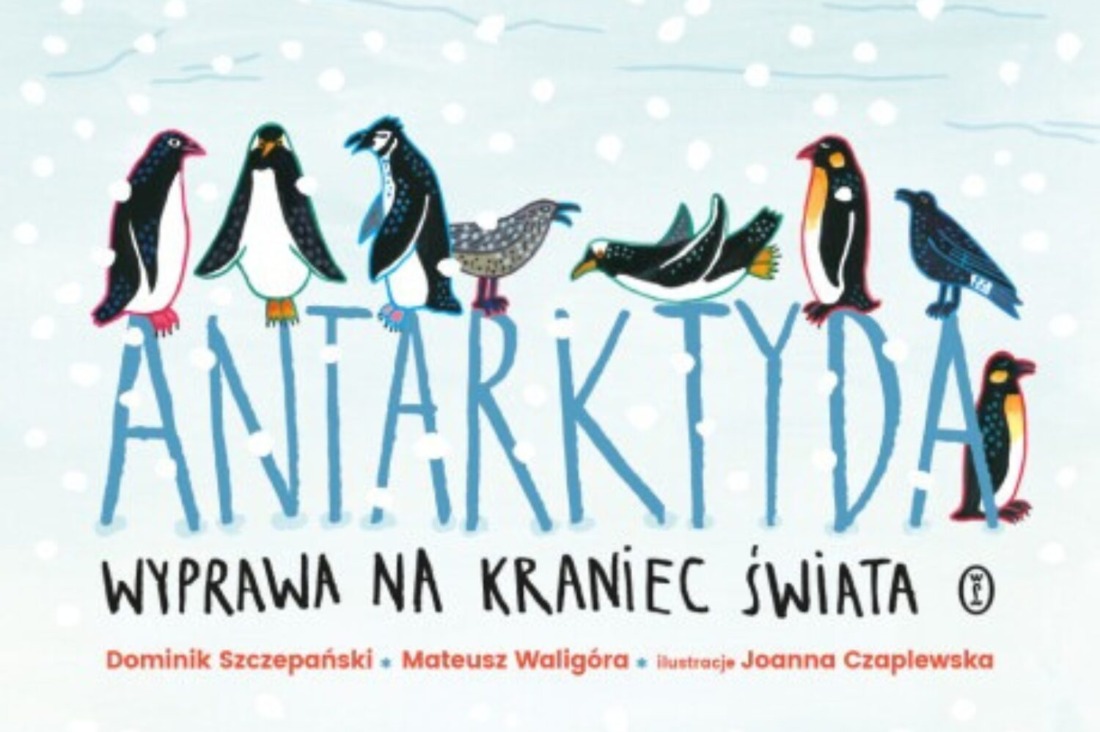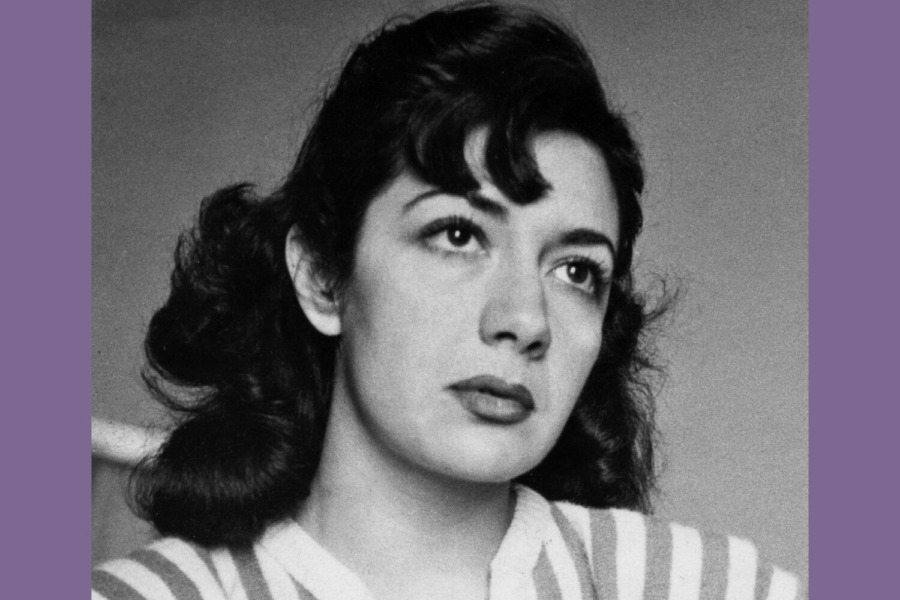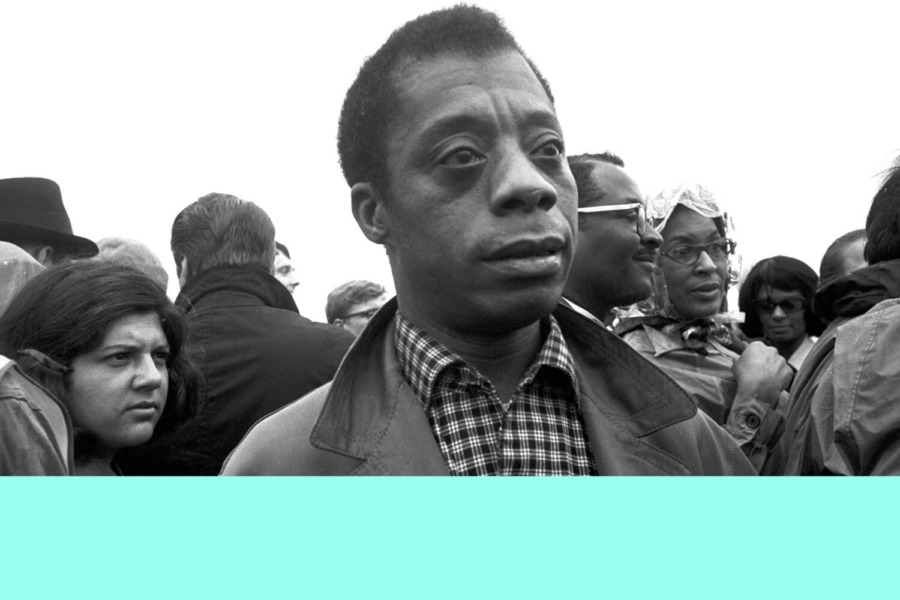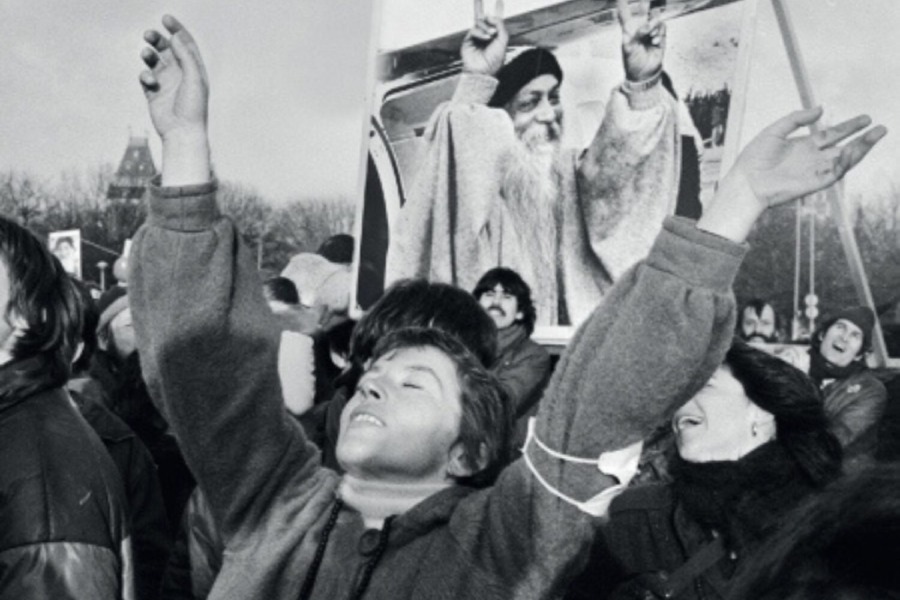Ivan Krastev
The First Days of Post-American Europe are ahead
It was the French-German rapprochement that made the post-war Western Europe. It will not be an exaggeration to assert that Russian-Polish reapproach will make or unmake post-Cold war Europe.
It is symptomatic that Putin came to Poland for celebrating not the 20th anniversary of the fall of communism but for the 70th anniversary of the beginning of the World War II. What we witnessed in Gdansk is the emergence of post-American Europe. The US is not anymore a full-time European power, it retreats in a position of off-shore balancer in Europe. Russia views this as an opportunity for its own re-integration in Europe but not in the EU. In achieving this strategy Moscow should succeed in developing partnership with Germany and Poland.
But there are several factors that will make the rapprochement between Russia and Poland a tough reality. Russia and Poland have common interests but they do not have common project. Russia’s politics of identity building clashes with the priorities of Poland’s realpolitik. Russia’s history textbooks are not something that Poles should read. The elites in the two countries do not have much in common.
So, it is easy to bet on failure. But strangely enough it is exactly those problems that make Russia interesting for the Poles and Poland interesting for the Russians, so I will not be surprise if a new engagement between Warsaw and Moscow is on the horizon. Nothing excites as much as what was forbidden or unthinkable yesterday. And never forget that Moscow is the only place in Europe where Poland is perceived as an empire or at least as a former empire.
* Ivan Krastev, political scientist, international relations analyst, Chairman of Board of the Centre for Liberal Strategies


